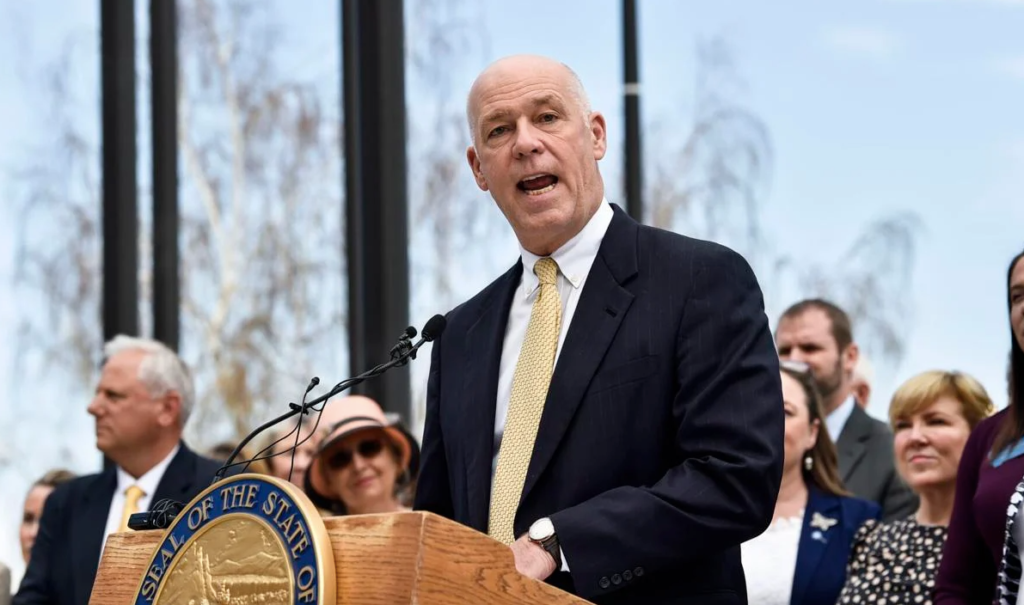|
Getting your Trinity Audio player ready...
|
Montana Governor Greg Gianforte made headlines on Wednesday as he signed a bill officially banning TikTok in the state. In a tweet, Gianforte stated that the move aimed to safeguard Montanans’ personal and private data from the Chinese Communist Party, making Montana the first state to enact such a ban on the popular social media platform. However, the controversial law is expected to face legal challenges in court.
The legislation, known as SB419, specifically targets TikTok and is set to take effect in January. It prohibits the app from operating within state lines and outlines potential fines of up to $10,000 per day for violators, including app stores that host the social media application. Last month, the bill was passed in Montana’s House of Representatives with a vote of 54-43 before reaching Governor Gianforte’s desk.
TikTok, owned by China-based ByteDance, expressed its intention to defend the rights of users in Montana. In a statement to CNN, the company emphasized its commitment to empowering hundreds of thousands of people across the state. It reassured Montanans that they could continue to use TikTok to express themselves, earn a living, and find community.
TikTok’s ties to China have raised concerns among US officials regarding potential data security and spying risks. However, there is no evidence to suggest that the Chinese government has accessed the personal information of US-based TikTok users.
Critics of the Montana bill argue that it infringes upon First Amendment rights and has raised constitutional concerns. NetChoice, a technology trade group that includes TikTok as a member, labeled the bill unconstitutional and criticized the denial of access to a website and apps that citizens want to use. The ACLU also voiced opposition, asserting that the ban tramples on the free speech rights of Montanans and is driven by anti-Chinese sentiment.
In addition to the TikTok ban, Governor Gianforte signed another bill on Wednesday that prohibits the use of social media applications “tied to foreign adversaries” on government devices. This includes ByteDance-owned CapCut and Lemon8, as well as Russia-founded Telegram Messenger.
The debate surrounding TikTok and its potential security risks continues to evolve, with both state and federal governments grappling with how to address these concerns while balancing free speech and individual rights. As the legal challenges against Montana’s TikTok ban unfold, the outcome will likely have broader implications for the regulation of social media platforms and the protection of personal data across the United States.
